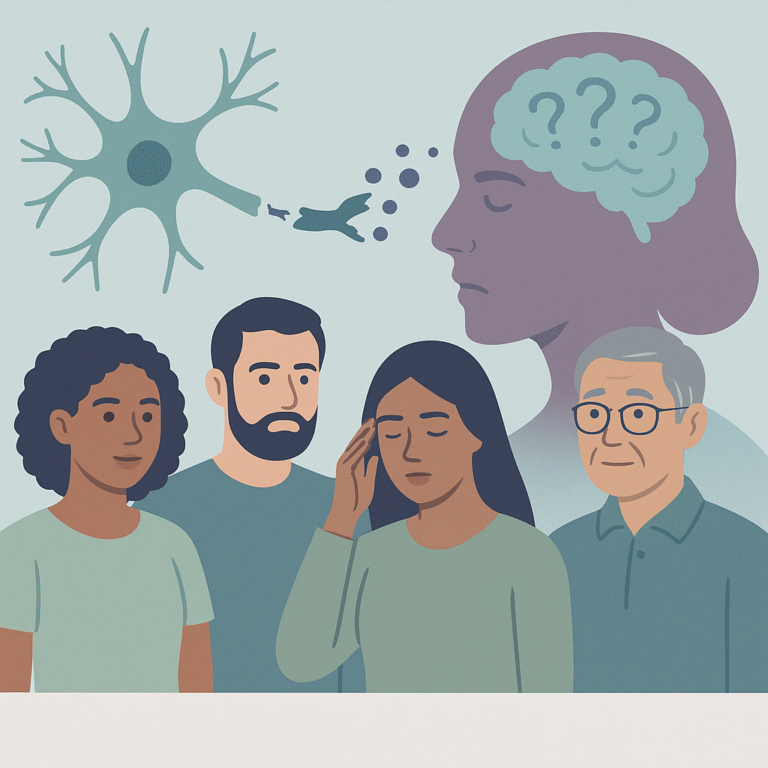New Compound for Epilepsy Seizures: Early GABA-A Signal
Summary
Researchers studied new compounds called isoindolin-1-one derivatives to see if they could help treat epilepsy. The focus was on how these compounds interact with GABA(A) receptors, which are important in controlling seizures. The study involved testing these compounds in both lab settings and in mouse models to assess their effectiveness.
The main finding was that one particular compound, known as Cpd48, showed strong potential in enhancing the effects of GABA(A) receptors. This means it could help reduce seizures more effectively than some existing treatments. In tests, Cpd48 was able to reduce seizures in mice at low doses, indicating it might be a powerful option for future epilepsy treatments.
This research is important because it could lead to new medications that work differently from current options, potentially offering better control of seizures. However, it is essential to note that these findings are based on early-stage research and animal studies, so more work is needed to determine how safe and effective these compounds will be in humans.
Related reading
- New Method Identifies Seizure Areas Using EEG Data
- Studying BK Channel Changes in Skin Cells of Patients
- New Model Predicts Seizure Emergencies for Better Patient Care
- Zebrafish Study Reveals PHF21A’s Role in Brain Development and Seizures
- Improving Medical Language Models with Expert Human Input
Free: Seizure First Aid Quick Guide (PDF)
Plus one plain-language weekly digest of new epilepsy research.
Unsubscribe anytime. No medical advice.





